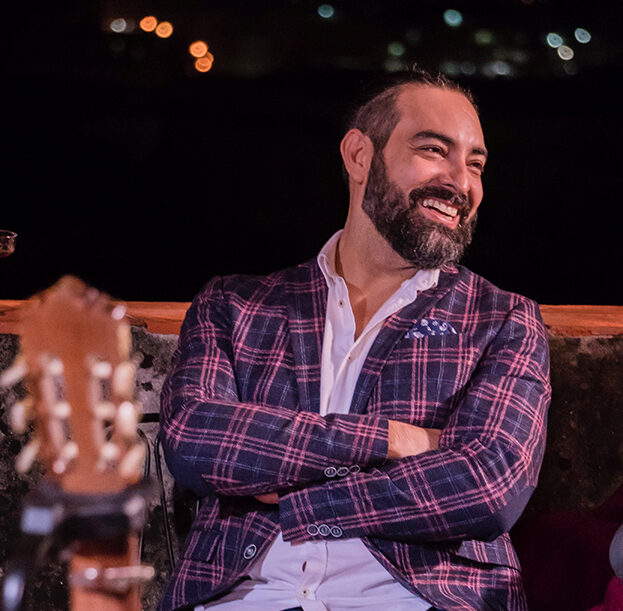One of the most versatile Cuban musicians, Alain Pérez, has made a significant mark in the music world.
Born in Trinidad in 1977, his musical journey began at a young age when he started singing in a children's group. He honed his skills in music theory, classical guitar, and piano at the "Manuel Saumell" Conservatory of Music in Cienfuegos.
Later, he continued his guitar studies in Havana at the National School of Art (ENA), graduating with top honors in 1996.
Alain's musical roots trace back to his home, where his father, composer Gradelio Pérez, inspired his love for music. In 1995, he joined the renowned Cuban Latin Jazz group, Irakere, marking the start of his remarkable career.

In 1996, he stepped into the spotlight when he replaced a bassist in a Havana cabaret, soon becoming the musical director. His journey extended beyond Cuba when he toured Europe with a Cuban orchestra in 1998, eventually making Spain his home. Collaborating with Spanish musicians enriched both Cuban and Spanish music.
In 2002, he joined the "África-Cuba-Cai" project, fusing flamenco, Cuban, and Senegalese rhythms. Collaborations with artists like Paco de Lucía, Diego El Cigala, and Niño Jósele expanded his musical horizons.
Alain's discography spans various genres, from bolero to funk, with jazz and flamenco influences. Awards like the SGAE First Prize for Latin Jazz in 2002 recognize his impact on Spanish music.
His 2017 album, "ADN," marked his return to Cuba, reaffirming his commitment to Cuban music and tradition. Despite living in Spain for two decades, he remains true to his Cuban identity.
As he continues to create and collaborate, Alain Pérez's music bridges cultures through the universal language of music.
